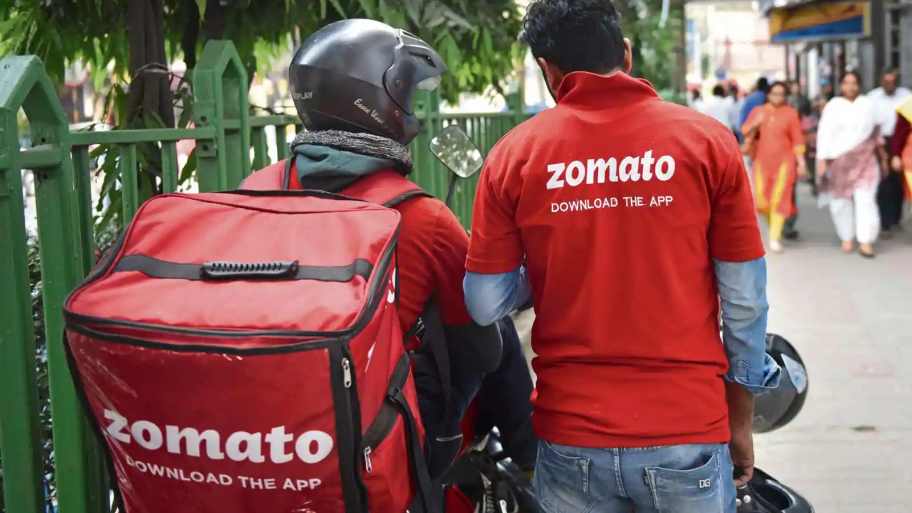SoftBank to reduce its stake in Indian food delivery startup Zomato through a $135 million share sale

Japan’s SoftBank is looking to sell a 1.1% stake in the Indian food delivery platform Zomato. The block deal is valued at 11.28 billion rupees ($135.36 million), according to a report from CNBC-TV18 on Thursday, citing sources familiar with the matter. This marks SoftBank’s third attempt to divest its stake in Zomato since August, with a similar sale in October.
The floor price for Zomato’s shares has been set at 120.50 rupees each, representing a nearly 1% discount compared to the stock’s last closing price, Reuters reported. This marks SoftBank’s third attempt to divest its stake in Zomato since August, with a similar sale in October.
The news comes just a week after Chinese payments giant Alipay announced it was divesting its stake in Zomato for $400 million. According to the term sheet, Alipay, a subsidiary of Ant Group, said it will divest its entire 3.44% stake in the Indian food delivery platform.
The move by Alipay is part of a broader trend of Chinese investors reducing their stakes in Indian companies. In October, Japan’s SoftBank sold a 1.1% stake in Zomato, India’s largest food delivery service. The growing demand for online ordering has led to swift expansion efforts by companies like Zomato.
Alipay’s exit from Zomato echoes similar actions by other Chinese investors, such as Antfin selling a 10.3% stake in Indian financial giant Paytm in August. The tech sector, including companies like Zomato, has experienced a resurgence after facing challenges the previous year, raising concerns about the high valuations of some Indian startups that entered the stock market in recent years.
Founded in 2008 by Pankaj Chaddah and Deepinder Goyal, Zomato is a platform offering users information, menus, and reviews of restaurants, along with food delivery services from partner restaurants in select cities. Zomato’s reach extends to over 55 million users across 24 countries, connecting them with a diverse range of dining options.
Before its initial public offering, Zomato secured $2.1 billion in funding through 21 rounds, with investments from notable backers such as Tiger Global, Temasek, Baillie Gifford, Kora, Luxor, Fidelity (FMR), D1 Capital, Baillie Gifford, Mirae, Steadview, and Ant Financial.
Similar to Uber Eats, Zomato provides a search app offering comprehensive details about restaurants, allowing consumers to explore, rate, and review restaurants. This feature also facilitates the creation of a personal network of food enthusiasts for trusted recommendations.
In 2020, we covered Zomato’s strategic move when Uber sold its unprofitable online food-ordering business in India to the local competitor, Zomato. The deal involved the exchange of a 9.99% stake in Zomato for Uber Eats, enabling Uber Eats to minimize losses while retaining a stake in a market projected to be valued at $15 billion by 2023.

